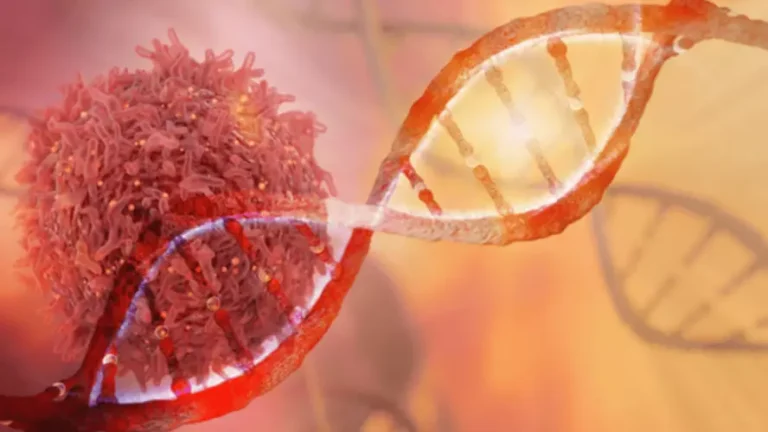19 Oct 2024 Alcohol Withdrawal Seizures: Symptoms, Causes, Treatment, and More

It occurs in 5-10% of alcohol-dependent people and is a medical emergency. Signs and symptoms of DTs include disorientation, confusion, agitation, hallucinations, fever, sweating, high blood pressure, and fast heart rate. These symptoms can quickly progress to cardiovascular collapse and death without timely treatment. By avoiding heavy and binge drinking, individuals can significantly reduce their risk of experiencing seizures related to alcohol withdrawal. Excessive alcohol use can lead to delirium tremens, characterized by severe hyperactive responses, including seizures, which pose serious risks. This is especially important in elderly patients and those with hepatic dysfunction.

Potential Dangers and Complications

However, people who have epilepsy are at an even greater risk of having a seizure if they suddenly stop using alcohol after developing a dependency. For individuals with epilepsy, consuming three or more drinks can trigger status epilepticus, a seizure that lasts longer than five minutes as the alcohol leaves the body. Epilepsy medications produce side effects that acutely mimic the effects of alcohol.
Can Alcohol Detox Cause Headaches?
If you have not had any training, call 999 for an ambulance immediately if someone has a seizure that has not stopped after 5 minutes. Atonic seizures cause all your muscles to suddenly relax, so you may fall to the ground. Tonic seizures cause all your muscles to suddenly become stiff, like the first stage of a tonic-clonic seizure. A myoclonic seizure is where some or all of your body suddenly twitches or jerks, like you’ve had an electric shock. A tonic-clonic seizure, previously known as a “grand mal”, is what most people think of as a typical epileptic fit.
- In these models, animals are exposed to alcohol by intragastric intubation, inhalation, or feeding in a nutritionally complete liquid diet for periods of 2 to 21 days.
- Rather, the healthcare worker should regularly (every 3-4 hours) speak with the patient and ask about physical and psychological symptoms.
- Nonetheless, diagnosis and treatment are often delayed until dramatic symptoms occur.
- Doctors believe repeatedly experiencing alcohol withdrawal may trigger more activity in the brain and increase the likelihood of experiencing a seizure.
- At Discover Recovery, we work with a wide variety of health insurance providers so those in need can get access to the treatment they need.
4. WITHDRAWAL MANAGEMENT FOR BENZODIAZEPINE DEPENDENCE
- Alcohol withdrawal can include dangerous symptoms like seizures, which can come on suddenly and lead to serious consequences.
- Research suggests that people with chronic alcohol abuse disorder may be at an increased risk of developing epilepsy.
- Immediate medical intervention can help manage symptoms effectively and significantly reduce the likelihood of serious, long-term complications.
- This was much higher (37%) in the ’70s before effective treatment options and medications for alcohol withdrawal were widely available.
If you have a more severe chemical dependence on alcohol, you may experience more severe symptoms more quickly. Quitting cold turkey can come with some severe withdrawal symptoms, and it can be dangerous. The dangerous withdrawal symptoms that are more likely through kindling include seizures, heart problems, and death. If you’ve gone through alcohol or depressant withdrawal in the past, you should seek medical attention before quitting alcohol. Kindling is caused by the chronic withdrawal seizures symptoms use of drugs that cause GABA receptors’ downregulation. Chronic depressant use and withdrawal can cause hypersensitivity in your nervous system.

The longer the interval between reductions, the more comfortable and safer https://ecosoberhouse.com/ the withdrawal. You or anyone you are around who suffers from alcohol dependency mustn’t hesitate to get professional help. Calusa is here to provide guidance and care to meet alcoholic withdrawal and seizure prevention requirements. Therefore, do not be afraid to ask for support needed in order to have a more secure and healthier recovery period. Alcohol withdrawals lead to convulsions because alcohol affects the brain.
- Fortunately, treatment options and medications are used in alcohol withdrawal management.
- However, certain GABAA-receptor isoforms are exquisitely sensitive to alcohol so that functionally relevant effects can occur at concentrations within the intoxicating range (32,33).
- Studies have found that people who experience seizures triggered by binge drinking can, in the future, start experiencing unprovoked seizures even in the absence of alcohol intake.
- If they suddenly stop drinking or cut back, they will typically experience withdrawal symptoms.
- The intravenous formulation is gaining acceptance in the clinical management of status epilepticus so that it could potentially be used in prophylaxis against alcohol withdrawal seizures.


